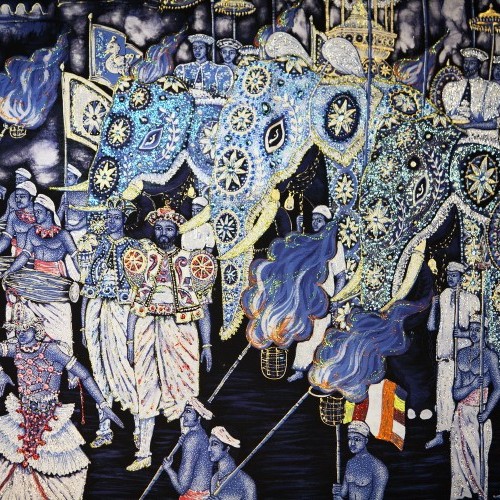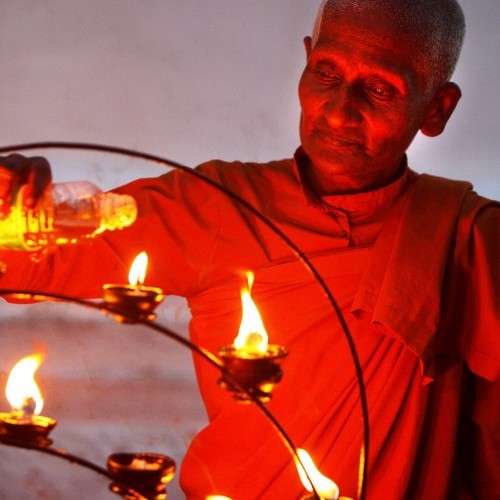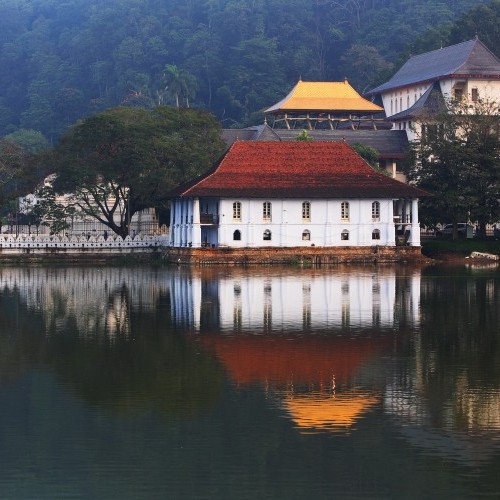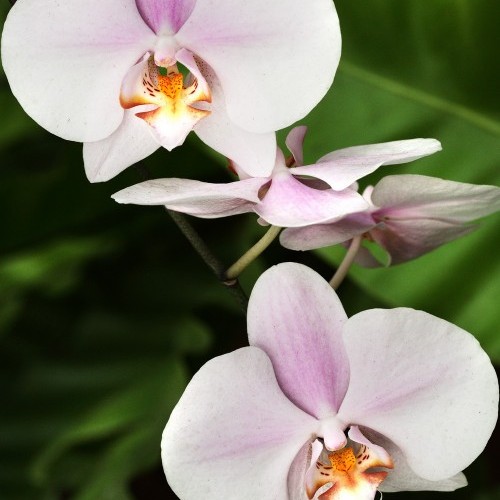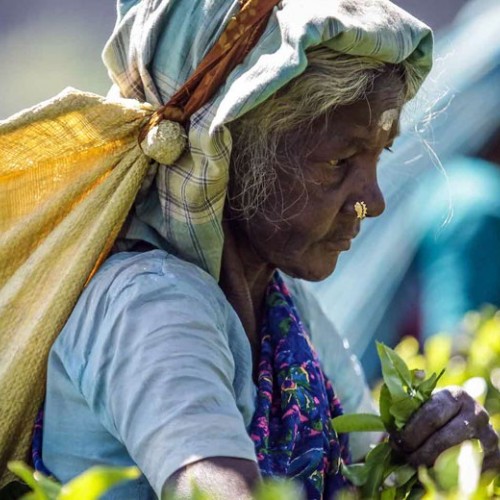Local Laws & Customs
Essential Information For Sri Lanka
Greetings and Body Language
“Ayubowan” – may you have the gift of a long life – is the traditional welcome greeting among the Sinhalese, which is accompanied by a joining of the hands at chest level and a slight bow of the head – and generally a broad smile as well! The same gesture accompanies the word “vanakkam” among Tamils.
The famous head ‘waggle’ of the Indian sub-continent manages to confuse almost all foreign visitors. As in many parts of the world, shaking the head from side to side means “no”, while a nod of the head means “yes”. However, the ‘waggle’ – a cross between a nod and a shake of the head with the chin pointed upwards – indicates a simple “yes” or “OK”.
Sri Lankans are likely to stare at anyone new, which is not considered rude in the same way as it is in the West. Expect to be stared at by locals, but do not take offence – it simply shows that people are interested in you and your difference to them. Smile, and they will most likely smile back!
Conduct and Behaviour
Sri Lankans attach a lot of importance to polite behaviour and proper appearance. Although there are many minor conflicts every day, you will seldom witness a full-scale public argument. Anyone who cannot control themselves in public loses face. A loud-mouthed tourist complaining about minor difficulties and dressed sloppily is a figure of fun in Sri Lanka and this may lead to a certain degree of secret scorn for such foreigners.
Cleanliness and modesty are appreciated even in informal situations. Nudity and topless bathing are prohibited and heavy fines can be imposed. Displays of intimacy are not considered suitable in public places and will probably draw unwanted attention. Same-sex relations are illegal in Sri Lanka. Women in rural areas do not normally shake hands with men as this form of contact is not traditionally acceptable between acquaintances.
Use your right hand for giving, taking, eating or shaking hands as the left is considered to be unclean.
Visiting Religious Sites
Visitors to Buddhist and Hindu temples are welcome although the shrines of Hindu temples are normally closed to non-Hindus. Visitors should be dressed decently in long skirts or trousers – shorts, singlets and swimwear are not suitable – with the shoulders and upper arms covered. Shoes should be left at the entrance and heads should be uncovered.
Do not attempt to shake hands or be photographed with Buddhist monks or to pose for photos with statues of the Buddha or other deities and paintings. Remember that monks are not permitted to touch money so donations should be put in temple offering boxes. Monks renounce all material possessions and so live on offerings. Visitors may offer flowers at the feet of the Buddha, but should remember never to point the soles of their feet towards the Buddha, as this is considered the height of impropriety. When sitting or kneeling in Buddhist temples, it is best to sit in the 'mermaid' position, with your legs tucked beneath your body.
Local Laws and Customs
There are severe penalties for all drug offences and crimes related to the abuse of children. In some circumstances you can be held without charge indefinitely. Convicted offenders may face a lengthy jail sentence.
You must carry a form of official photographic identification with you at all times otherwise you may be detained. If you are detained, you should ask the authorities to contact your Embassy or High Commission.
Don’t take photographs of military bases, government buildings or vehicles used by VIPs (this includes numerous sites in central Colombo).
You can be fined if you ignore instructions not to smoke or drink in certain public areas.
Alcohol and meat are not usually available on religious holidays.
Homosexuality between men is illegal in Sri Lanka, even in private, and may lead to a prison sentence of up to 15 years. It is therefore wise to be discreet to avoid the attentions of over-zealous and homophobic police officers. Most Sri Lankans are unfamiliar with homosexuality between women so, again, it is best to be discreet to avoid unnecessary attention.
The mistreatment of Buddhist images and artefacts is a serious offence and tourists have been convicted for this. Visitors have been refused entry to Sri Lanka or faced deportation for having visible tattoos of the Buddha.

